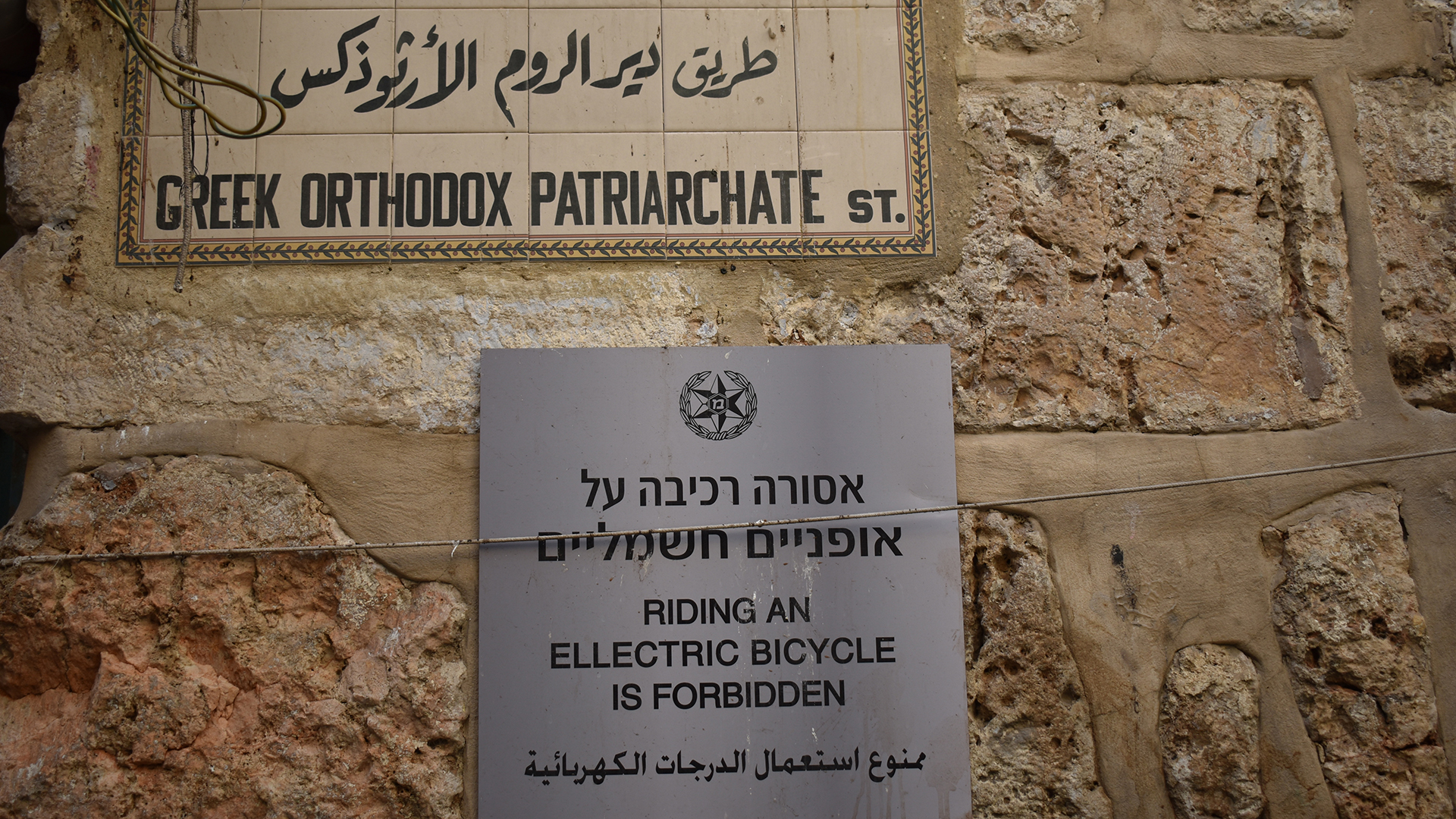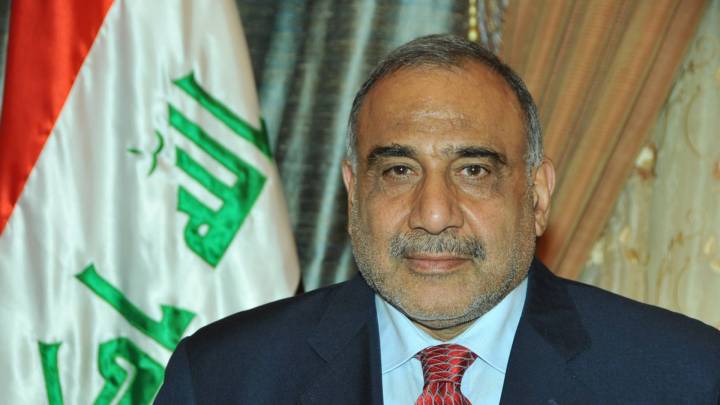Christians in Jordan are striving for change within the church, with women in the lead. Gender inequality in inheritance law is a particularly thorny issue.
The small town of al-Husn in northern Jordan witnessed a remarkable scene in September. The Young Women’s Christian Association (YWCA) held a meeting to raise awareness among its members about inheritance rights and gender relations in Christian family laws. The event was well attended and quickly became personal, as women and men shared their experiences with the law.
One woman in her seventies provided an emotional account of how women tend to give up their inheritance in favour of the males in their families. Her call for gender equality in inheritance was met with applause. Many other grievances were also aired during the event. Church courts in Jordan often deny divorce requests or let them drag on for years. According to the various Christian laws, men have guardianship over children and are considered the primary decision-makers regarding a child’s upbringing, education, and medical treatments.
Christian family laws for the different communities, including Roman Catholic, Greek Catholic and Greek Orthodox, are applied by church courts which are largely independent of the state and funded by the individual churches.
Events like the one in al-Husn have taken place in Amman, Madaba, and Fuheis this year. “We want to raise women’s awareness about their rights. The Christians’ laws are very old and outdated and need to be changed,” says Hania Kakish, the president of the Amman chapter of the YWCA and one of the organizers of these events. An alliance of Christian lawyers and ordinary members of the community has been mobilizing for Christian family law reform and a reform of the church courts.
Whereas the Islamic family law, which is applied to Muslim Jordanians, has been reformed several times since the 2000s, Christian family laws lack behind. The alliance has been encouraged by developments in Egypt and neighbouring Syria, as well as at home, but it faces obstacles in its struggle for legal reform related to the jurisdiction of the churches and opposition within their own communities.
Christians in Jordan – like in other countries in the region, including Lebanon, Egypt, Palestine, Syria and Iraq – enjoy autonomy in family law (e.g. marriage, divorce, custody, and guardianship). In matters of inheritance, Christians in Jordan, like in Egypt and Palestine, apply the national Islamic inheritance laws, which in most cases assign unequal shares to men and women. However, the government generally has not been opposed to Christians issuing their own inheritance laws should the churches be able to agree on a unified law for all Christian communities.
Gender attitudes within Christian and Muslim communities often overlap and Christian and Islamic family laws are not sharply divided but influence each other.
However, the individual churches often do not see eye to eye and finding a consensus has proven difficult. The Christian family laws for the different communities, including Roman Catholic, Greek Catholic and Greek Orthodox, are applied by church courts which are largely independent of the state and funded by the individual churches. Supervision of these courts through the state is therefore limited.
The debate about family law reform has caused much controversy. Especially the issue of inheritance has become a moment of soul-searching for the Christian community. A non-scientific survey conducted by Arab Reporters for Investigative Journalism (ARIJ) in July 2019 found that 90 percent (5,752 out of the 6,426 people) of Christians surveyed supported equality in inheritance. However, the attitudes of the approximately 239,000 Jordanian Christians, who make up about 2,5 percent of the population, vary and while some push for an egalitarian inheritance law, others are more sceptical and express a preference for continuing to apply the Islamic inheritance provisions.
Like in Islamic family laws, current Christian family laws require men to provide for their families. Christians who advocate in favour of the application of Islamic inheritance law often claim that Islamic law is more just, because men have to carry the financial burden of the family and should therefore be entitled to a larger inheritance share. Gender attitudes within Christian and Muslim communities often overlap and Christian and Islamic family laws are not sharply divided but influence each other, a fact often overlooked at the international level where the primary focus is on gender inequality in Islamic family law.
Especially when it comes to land ownership, women – Christian and Muslim – are often discriminated against.
Especially when it comes to land ownership, women – Christian and Muslim – are often discriminated against. Women rarely inherit land because the land would be “lost” to the family once the daughter marries into another family. One Christian woman who had renounced her inheritance rights in favour of her brothers stated: “My mother owned land in Ajloun. She wanted to give it all to my brothers. My father said to me: ‘your brothers need it more’, because I married a man who is well-off. I did not know what the exact estate was. I was 22 at the time. I did not know what I was giving up. We were not aware of our rights. My brother’s wife, she will make olive oil from my father’s land. Land is not given to girls.” Several Christian women interviewed, who do not want to be named, also stated that the priests of their community encouraged them to renounce their inheritance rights in favor of their brothers.
Developments in Egypt and neighbouring Syria have encouraged Christians in Jordan to advocate for reform. In Syria in 2006, the Roman Catholic community reformed its family law and for the first time issued its own egalitarian inheritance law, and the Armenian Orthodox community in Syria followed suit in 2012. The autonomy of Christians in matters related to inheritance was recognized by the Syrian government in 2010. Previously, these communities had applied Islamic inheritance law.
In Egypt, one court ruling has sparked particular interest. In December 2018, a lawyer in Alexandria obtained a ruling in which the court declared that the widow of a deceased Christian man was entitled to one quarter of the estate and that the rest of the estate would be divided in equal shares among his three minor daughters despite the deceased being survived by brothers. Had the court applied Islamic law, the brothers would have been entitled to a share of the estate.
In December 2018, the Patriarch set up a commission that will for the first time in Jordan's history attempt to reform the Byzantine family law.
The reform of Christian family law is challenging for several reasons. The lack of reform of the Christian family laws is partly due to the unclear jurisdiction and the perception that Christian family law lays outside the jurisdiction of the state. Until now, Christian family laws are issued by the individual communities directly without parliamentary involvement. The Byzantine family law applied by the Greek Orthodox community, the largest Christian community in Jordan, is also applied in the Greek Orthodox courts in Palestine and Israel.
The Patriarch is based in Jerusalem and the Byzantine family law can only be amended with his consent. The organization of the individual churches and state boundaries do not match, further complicating reform and advocacy for change. In December 2018, the Patriarch set up a commission that will for the first time in the history of the Hashemite Kingdom of Jordan attempt to reform the Byzantine family law. The commission has commenced its work, but the result of this process has not yet materialized.
The Jordanian government in general is reluctant to intervene in matters it considers Christian affairs too forcefully, fearing that such interventions may be interpreted as restricting Christians’ freedom of belief which could offend Western donors on whom the country is heavily reliant. The state is careful to respect the historically grown autonomy of the different churches. The fact that Christians are subjugated to their individual churches in matters of family law has made intervention in church court matters extremely sensitive. Legal matters of Christians are not simply a question of government policy but a carefully crafted arrangement between different churches and the government.
Dörthe Engelcke is a senior research fellow at the Max Planck Institute for Comparative and International Private Law. She received her PhD from St Antony’s College, University of Oxford, in 2015. She is the author of “Reforming Family Law: Social and Political Change in Jordan and Morocco” which was published by Cambridge University Press in March 2019. Her current research project addresses Christian family law in Jordan and Iraq.




